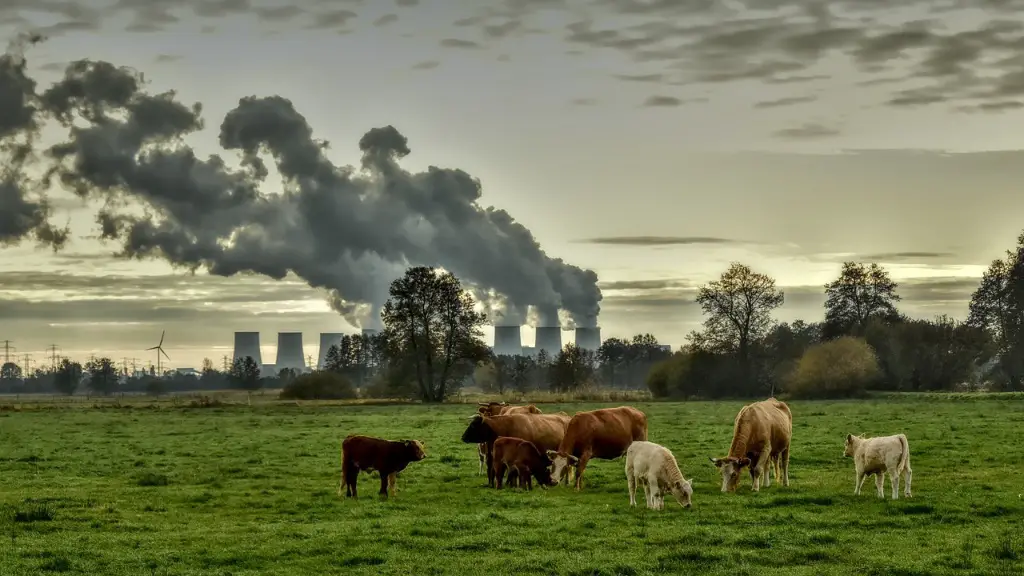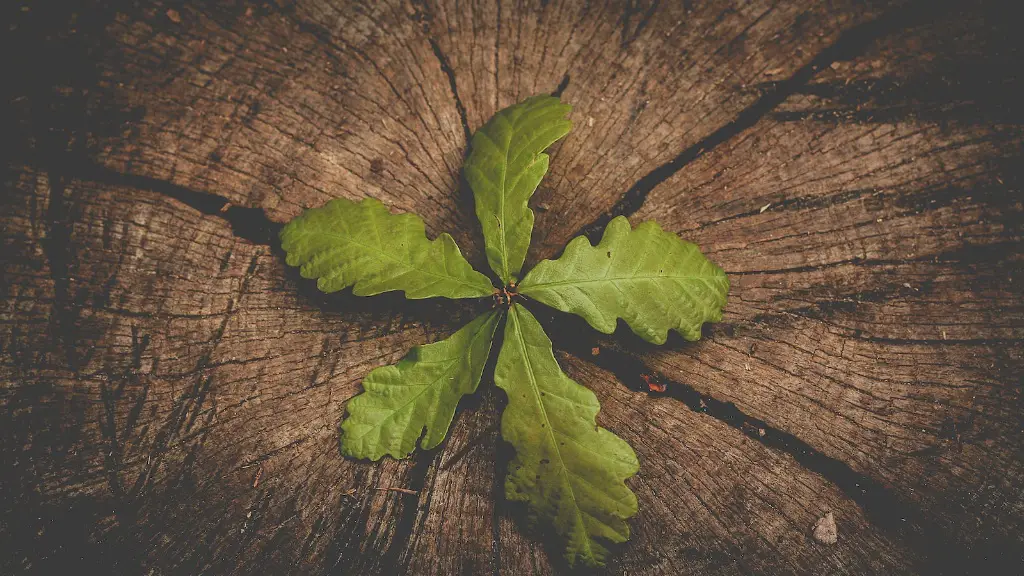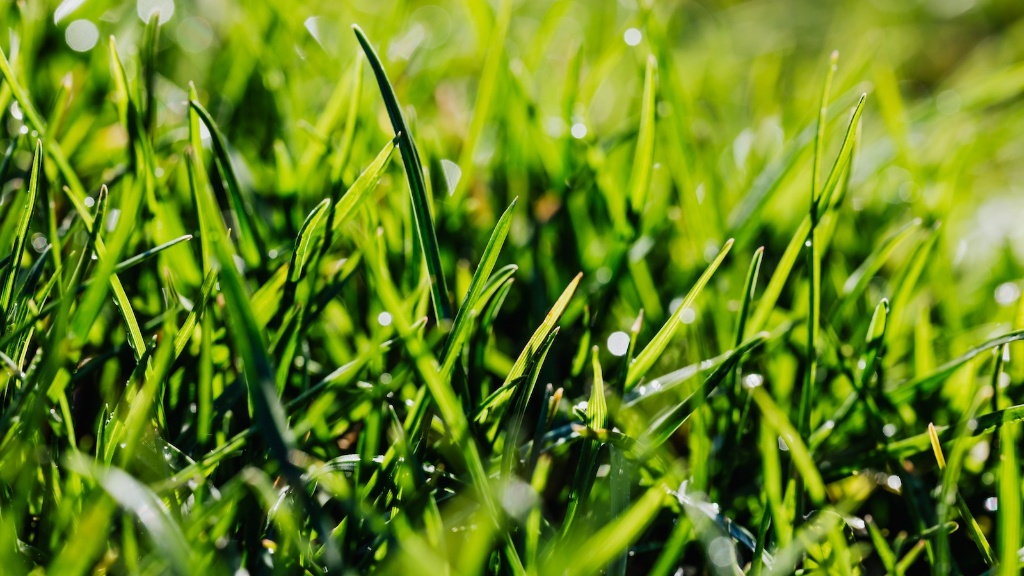A healthy environment is essential to the wellbeing of humans and all other organisms that call Earth home. Maintaining a healthy environment requires an understanding of how ecosystems function and how they are connected. Natural history is the scientific study of plants, animals, and ecosystems and is a foundational tool for ecologists. Natural history observations and data provide critical information about the current state of an ecosystem and can be used to predict how it may respond to change.
Ecology is the study of how organisms interact with their environment. Natural history is the study of the natural world, including the plants, animals, and other organisms that live in it. Ecology needs natural history because it provides information about the past and present relationships between organisms and their environment. This information can be used to predict how these relationships may change in the future.
Why is natural history important to ecology?
This is an important record for biodiversity because it helps researchers track changes in species and communities over time. The specimens in this record are also more valuable over time, making it a valuable resource for researchers studying environmental changes.
Natural history is the study of plants and animals in their natural environment. Naturalists observe and study plants and animals in their natural habitat, and use this information to better understand their ecology and evolution. Natural history is a vital tool in conservation biology, as it can help us identify and understand the threats to biodiversity.
What is the historical aspect of ecology
Historical ecology is a relatively new field of research that examines the changes in and interactions among ecosystem patterns and processes through time. This includes both natural changes as well as anthropogenic (human-caused) effects.
Historical ecology can be used to study how ecosystems have changed in the past, how they are changing now, and how they are likely to change in the future. This information can be used to inform conservation and management decisions.
There are many different approaches to historical ecology, and the field is constantly evolving. Some of the most common methods include the use of historical documents, paleoecological techniques, and dendrochronology (tree-ring analysis).
Natural history is the careful observation and inquiry into each piece of an ecosystem; it is the interconnectedness of species and habitat in both space and time. It is a field of study that can be both scientific and artistic, and it is a way of seeing the world that can be both humbling and awe-inspiring.
What is the study of natural history?
A natural history study can help researchers understand how a medical condition or disease develops and how to treat it. The study follows a group of people over time who have, or are at risk of developing, the condition. This type of study can provide important information about the natural progression of the disease and the effectiveness of different treatments.
Ecology is the study of the relationships between living organisms, including humans, and their physical environment. Ecology seeks to understand the vital connections between plants and animals and the world around them. Ecology is a branch of biology, the study of living things.
Is ecology a natural history?
Ecology is the study of how organisms interact with their environment. It can be traced back to natural history, which is the study of plants and animals in their natural habitats. The 19th century was a particularly important time for natural history, as it was when many of the concepts that we now take for granted were first developed. One of these is the idea of adaptation, which is the idea that organisms have evolved over time to be better suited to their environment. This is a fundamental concept in ecology, and is something that we still study today.
Modern history enables us to understand how society has come to its present form by studying the sequence of events. We can identify the causal relationships between events to understand the nature of happenings and frame general laws. This helps us make more informed decisions in the present and future.
Who defined ecology as the study of natural history
Ernst Haeckel is considered the father of ecology for his work in the mid-19th century defining the field. His definition of ecology as the study of the relationship of organisms with their environment is still used today. Haeckel’s work was instrumental in shaping the field of ecology and our understanding of the natural world.
Field ecology is a branch of study that is concerned with the interactions between plants and animals and their environment. It is based on the observation of these interactions in natural settings, rather than in laboratories or libraries. Field ecologists use a variety of techniques to study the behavior of living things in their natural habitats. This can include everything from watching animals in their natural environment to conducting experiments on them in the field.
What is an example of ecological history?
Historical ecology is the study of how human societies have interacted with their environments in the past. This information can be used to inform current land management practices. In Laos, the use of swidden fires is an example of historical ecology in action. By studying how past societies used fire to manage their land, current land managers can develop policies that will be more effective in the long term.
The main aim of ecology is to understand the distribution of biotic and abiotic factors of living things in the environment. The biotic and abiotic factors include the living and non-living factors and their interaction with the environment. Ecology helps us to understand how these factors influence the distribution and abundance of living things in the environment. It also helps us to understand the consequences of environmental change on the distribution and abundance of living things.
What is life history strategies in ecology
One of the ways in which organisms can respond to environmental stress and disturbance is by altering their life-history strategy. This may involve changing the timing of key events such as reproduction or moulting, or altering the way in which resources are allocated between different activities. For example, some species of sea urchin have been found to increase their rate of reproduction in response to increased predation pressure.
There is now a growing body of evidence to suggest that environmental stress and disturbance are increasingly common in many parts of the world. As a result, it is likely that organisms will need to increasingly rely on plasticity in their life-history strategies in order to cope with these changes.
The theory of natural selection is the idea that species evolve over time as a result of their genetic traits. This was first explored by 19th-century naturalist Charles Darwin, who proposed that it was the basis for the evolution of new species. Natural selection explains how different traits may be favoured or selected for over time, based on their usefulness to the species. This can lead to speciation, or the formation of a new and distinct species.
What is a natural history trait?
Life history traits are the characteristics of a species that determine how it interacts with its environment. These traits include things like the number and size of offspring, the timing of reproduction, age and size at maturity, and growth pattern. They also determine how long a species lives, how often it reproduces, and how much it invests in each offspring. All of these factors play a role in how a species survives and how it evolves over time.
Zoology is a branch of biology that studies the members of the animal kingdom and animal life in general. It covers a wide range of topics, from the structure and function of animal cells to the behavior of animals in the wild.
Since the turn of the century, however, many historians have moved away from a strictly social science approach, instead incorporating methods and theories from the humanities. This has led some to argue that history should be classified as a humanities discipline. Others maintain that history occupies a unique position between the social sciences and humanities, as it uses both quantitative and qualitative methods to study the past.
There isn’t really a single word that has the same meaning as “natural history”, but some close options might be “nature”, “cosmos”, “earth”, “environment”, “countryside”, “landscape”, or “scenery”.
Warp Up
Ecology is the study of how living things interact with each other and their environment. Natural history is the study of the natural world, including the plants, animals, and other organisms that live in it.
Ecology needs natural history because natural history provides information about how organisms interact with each other and their environment. This information is necessary for understanding the processes that drive ecological change. Natural history also provides information about the biodiversity of an area, which is necessary for conservation efforts.
Ecology needs natural history in order to better understand the relationships between organisms and their environment. By studying how organisms interact with their surroundings, ecologists can gain a greater understanding of the complex processes that make up an ecosystem. This knowledge is essential in order to develop effective conservation strategies that protect both the environment and the organisms that inhabit it.





